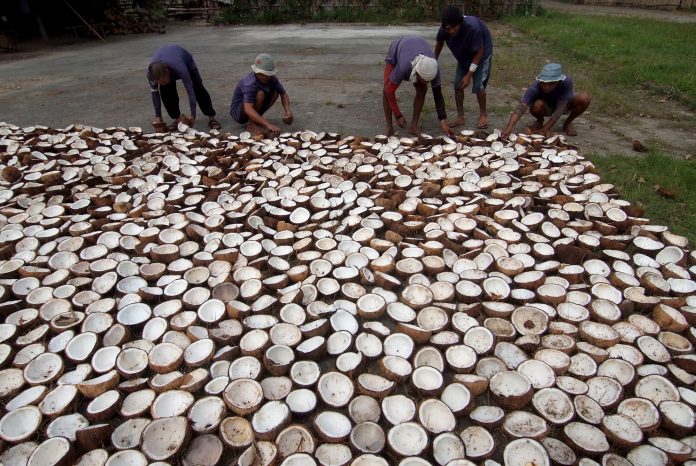Filipino coconut farmers have expressed hope that the long-overdue coco levy fund, now estimated at about 100 billion pesos, will finally be distributed under the administration of President Ferdinand Marcos Jr.
“I have no doubt there will be implementation of the law this year,” said Danny Carranza, secretary general of the group Kilusan para sa Repormang Agraryo at Katarungang Panlipunan.
He said, however, that the “challenge” is how to ensure that the programs and services under the law will reach the poorest coconut farmers.
In June this year, former president Rodrigo Duterte Before signed into law Republic Act 11524, creating the Coconut Farmers and Industry Trust Fund.
The legislation aims to develop the coconut industry using recovered coco levy assets, which were declared state-owned by the Supreme Court in the past ten years.
The law puts the Philippine Coconut Authority into task of crafting the Coconut Farmers and Industry Development Plan that will set directions and policies for the development and rehabilitation of the coconut industry in the country.
During the launch of the plan in Quezon province, various agencies involved in the implementation of the new law presented specific programs and services and their corresponding budget.
From 1971 to 1982, the government under the late dictator Ferdinand Marcos Sr. began collecting coco levy funds from coconut farmers through various taxes, charges, levies, and other fees on the sale of “copra.”
The funds were supposed to be used to do research, establish credit services, and other programs that will benefit the industry.
The funds were, however, allegedly diverted to finance the business interests of Marcos’ cronies.
With the assistance of the Presidential Commission on Good Government, coconut farmers filed cases against the former officials of the Marcos administration to regain the funds that were left trapped in legal disputes.
In 2012, the Supreme Court ruled that the coco levy funds are publicly-owned. The court decision paved the way for the national government to craft programs to boost the coconut industry.
Carranza said that under the new Marcos administration, the fund is under tight watch.
He said that making the fund beneficial to the poorest but most deserving coconut farmers “is really a challenge that the government must address the soonest.”
He said many farmers still do not understand the law, prompting many of them to request an extension on the registration of farmers.
“Those who are registered will stand to benefit from the wave of program implementation,” said Carranza.
About 3.5 million coconut farming families are seen to benefit from the coconut levy funds.









